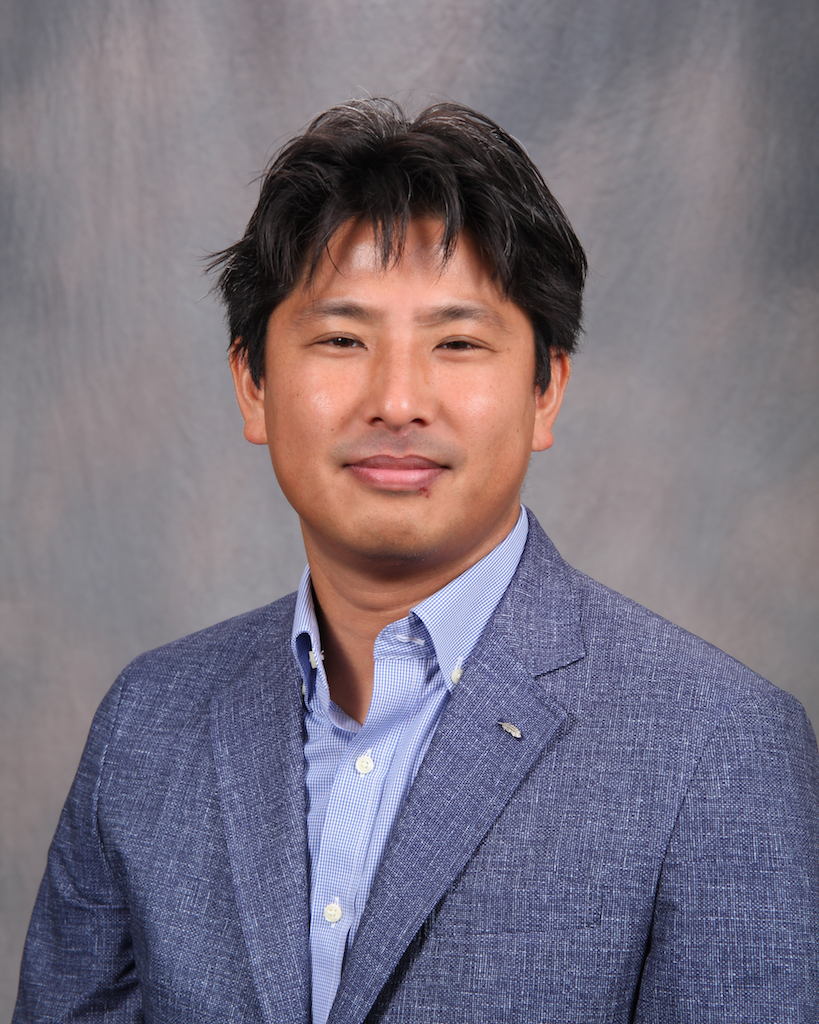
Dr. Arum Han, professor and Presidential Impact Fellow in the Department of Electrical and Computer Engineering at Texas A&M University, received a grant from the Army Research Office for the project titled “Microbiology: An Ultra-high Throughput Microfluidic System for 3D Assembly of Microbial Communities.”
It is well established that microorganisms exist in robust communities in natural environments. However, how different members of a microbial community assemble, interact with each other and function cooperatively in natural environments is not well understood. This research will directly address these shortcomings by developing strategies for the 3D assembly of microbial communities in a format that allows for exquisite control over community composition and structure in a massively parallel fashion. This work is expected to result in a foundational technology that can significantly advance the fundamental understanding of microbial community formation, and set the stage for engineering microbial communities for beneficial applications.
The developed technology can then be directly applied in diverse ranges of military and civilian applications, such as bioremediation of contaminated water and soil, on-demand bioproduction of diverse products in remote settings and addressing antimicrobial-resistant infections of a battlefield wound, to name a few. To accomplish this vision, Han is working with Dr. Arul Jayaraman, Ray B. Nesbitt Endowed Chair and Presidential Impact Fellow in the Artie McFerrin Department of Chemical Engineering, and Dr. Paul de Figueiredo, associate professor in the Texas A&M College of Medicine.
This project also furthers the Texas A&M collaboration with the Army Futures Command and its initiative to modernize the Army through advanced research and product development.